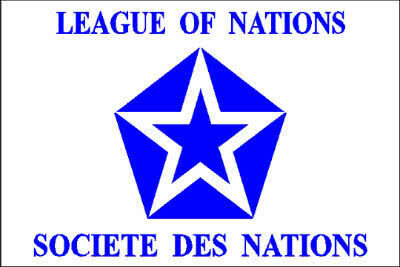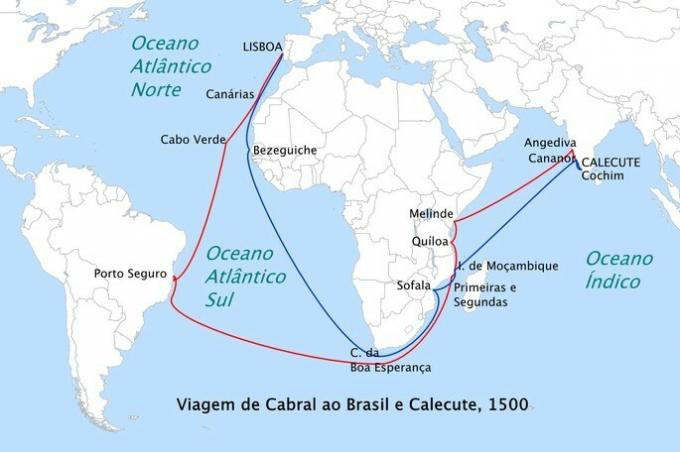Armed Peace was the expression used to describe a period in the political history of Europe, before the First World War, where there was an intense arms race, when the Triple Alliance bloc, formed by Germany, Austro-Hungarian Empire and Italy, and the Triple Entente, formed by Russia, France and England, increased their military capacity.
The arms industry increased its resources, producing new technologies for warfare, and almost all European nations adopted compulsory military service. The Armed Peace (1871-1914) was very important for the First World War, as the tensions between the States led them to spend a large part of their capital for investments in the armaments industry and the promotion of the army, resulting in a complex system of alliances in which nations were in conflict without being at war, hence the name of the conflict of Peace Armed.
With all this climate of tension and aggressiveness, a possible war between the great powers could explode the at any time, and the more tension there was, the more nations encouraged arms production and strengthened their armies.
An important characteristic of this period was the elaboration of several alliance treaties between countries, where each one tried to acquire more and more strength to face its rival. One of the most important treaties of the time was the Treaty of Versailles, which regulated peace with Germany, and had several security clauses, territorial, financial and economic clauses.


